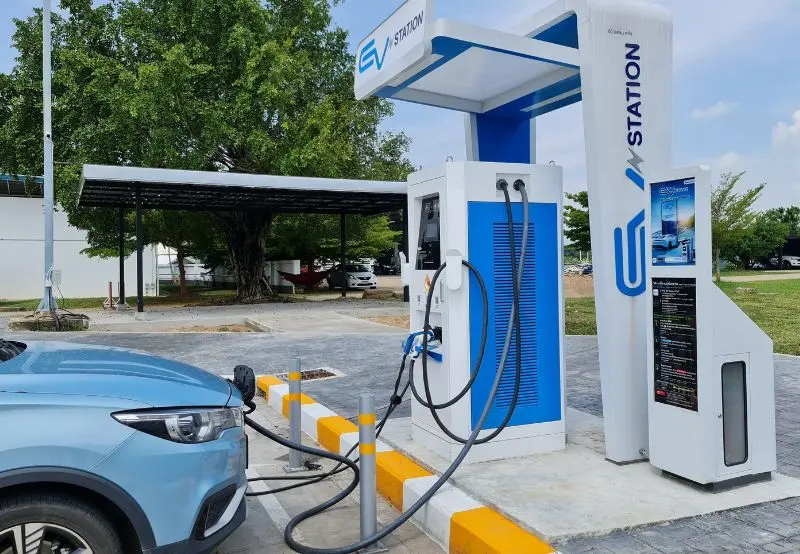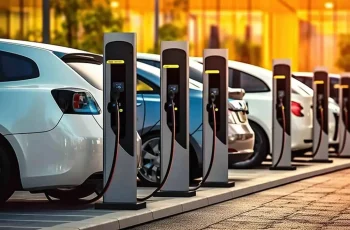Uttar Pradesh has made significant strides in the electric vehicle (EV) sector, contributing 19% to the total of 2 million EVs registered in India in 2024, according to a report by Inc42. The “India’s Electric Vehicle Startup Landscape Report, 2025” highlights the remarkable growth trajectory of the electric vehicle market in India, which is anticipated to reach a staggering $132 billion by 2030. This expansion is driven by several factors, including rising fuel prices, government subsidies, and an increasing awareness of environmental issues among consumers.

While Uttar Pradesh boasts the highest rate of EV adoption, Maharashtra leads in passenger EV sales, having established over 3,000 EV charging stations—the highest number in the country. This indicates that while adoption rates may be high in certain states, the availability of charging infrastructure plays a crucial role in facilitating widespread EV usage.
India’s current EV industry, valued at approximately $54.4 billion, is projected to grow 2.4 times faster, reaching $132.2 billion by 2030. This growth is largely attributed to government incentives aimed at promoting electric mobility and the central government’s ongoing commitment to reducing fossil fuel dependency. According to predictions from the government’s Invest India portal, the EV market is expected to surpass 17 million units sold annually by 2030, further underscoring the sector’s potential.
As of December 2024, India had 25,202 public EV charging stations, based on official data. This translates to just one public charging station for every 80 new EVs registered in the past year. With over 5.8 million EVs currently registered in India, the situation becomes even more critical, as this means there is only one public charging station for every 230 electric vehicles. This stark disparity highlights the urgent need for improved charging infrastructure to support the growing number of electric vehicles on the road.
To encourage the adoption of EVs, it is essential to address the infrastructure gap. Increased investment in charging stations, along with strategic planning to ensure their accessibility across urban and rural areas, will be vital. As the Indian government and private sector work together to build a robust EV ecosystem, the focus must remain on making electric vehicles a practical and convenient choice for consumers, thereby facilitating a smoother transition to sustainable transportation solutions.




